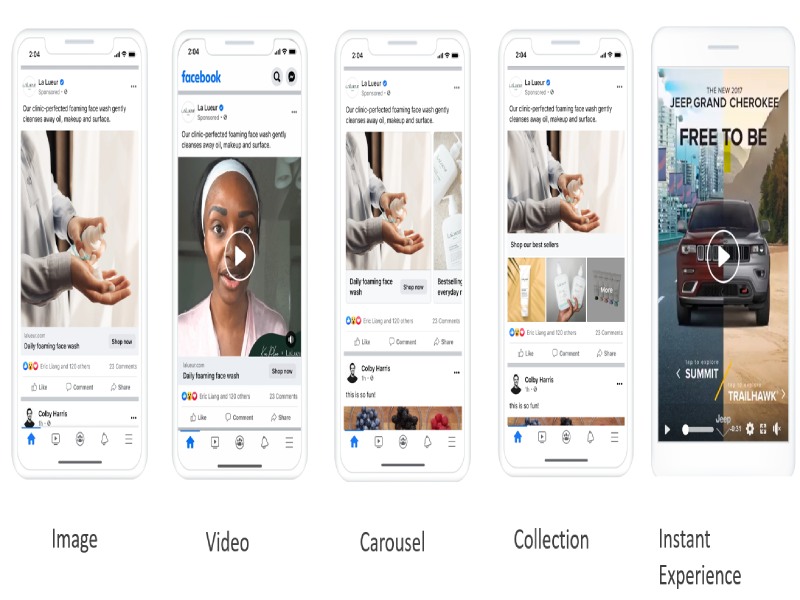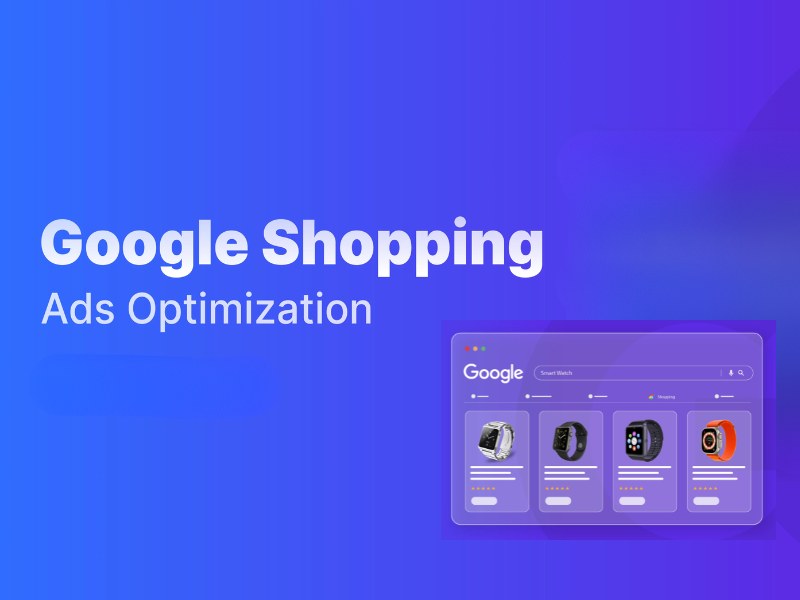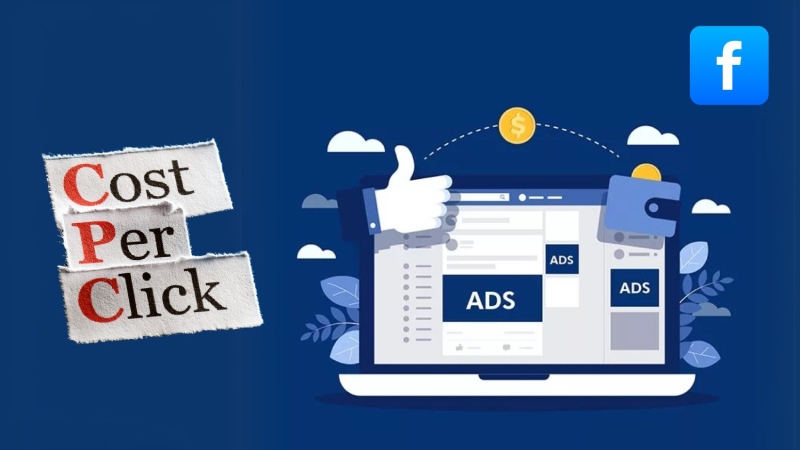Facebook has revolutionized online shopping by introducing two distinct platforms: Facebook Marketplace and Facebook Shops. However, many wonder, what is the difference between Facebook Shop and Marketplace? Let’s dive into their functionalities and identify the best option for your needs.
1. Is Facebook Shops the Same as Facebook Marketplace?
1.1. What is Facebook Marketplace?
Facebook Marketplace is a versatile online platform that enables users to buy and sell goods and services within their local communities. Designed to simplify the buying and selling process, it allows sellers to list their products quickly without the need for a dedicated online store. The platform caters to a wide range of products, including pre-owned items, brand-new goods, and services, making it a go-to choice for diverse sellers and buyers.
Whether you’re decluttering, running a side hustle, or starting a small business, Facebook Marketplace provides an intuitive and community-focused way to connect with potential buyers.
Key Features:
Simple Listing Process:
- Creating a product listing is quick and user-friendly.
- Sellers can add photos, descriptions, and pricing details directly from their device.
Local Transactions with Geographical Filters:
- Marketplace uses location-based filters to match products with buyers in the same area, ensuring convenient and efficient transactions.
- This feature is especially useful for larger items like furniture, where in-person exchanges are often preferred.
Free to Use:
- Listing products on Facebook Marketplace is free for most sellers, making it a cost-effective platform for individuals and small businesses.
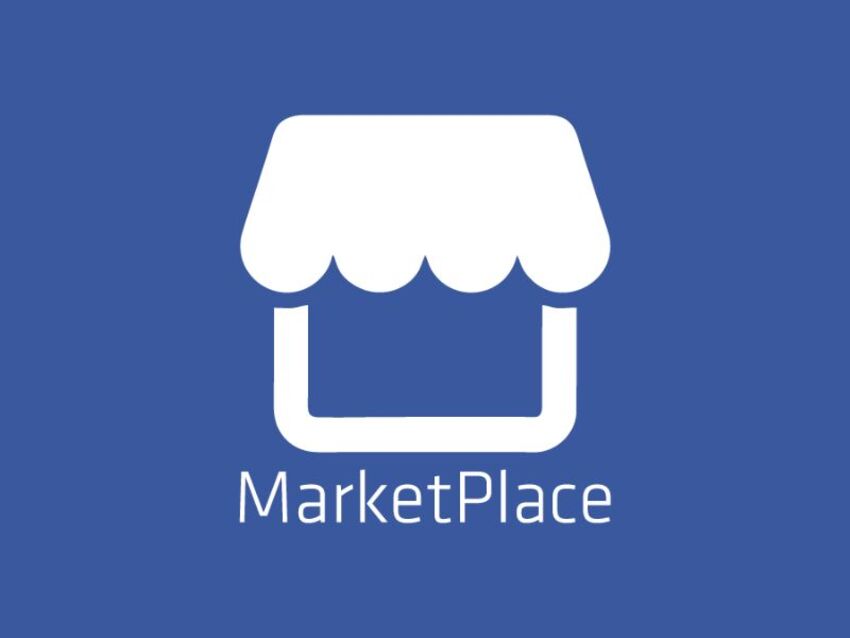
1.2. What is Facebook Shops?
Facebook Shops allows businesses to create a fully customized online store on both Facebook and Instagram. With features like product catalogs, branded visuals, and integrated payment options, Shops cater to businesses looking to build a professional presence and long-term customer relationships.
Key Features:
Full Customization for Storefront Design:
- Businesses can design their Shops to align with their brand identity, using tailored visuals, color schemes, and layouts.
- Product arrangements and collections can be curated to highlight best-sellers, new arrivals, or themed promotions, creating an engaging and professional display.
Seamless Integration with Instagram:
- Facebook Shops work seamlessly across both Facebook and Instagram, allowing businesses to connect with users on both platforms.
- Instagram integration makes it easy to tag products in posts and stories, driving traffic directly to the storefront and enabling effortless shopping experiences.
In-Platform Browsing and Purchasing:
- Customers can browse, add items to their cart, and complete purchases without leaving the Facebook or Instagram apps, reducing friction in the shopping process.
- Integrated payment options, such as Facebook Pay, make transactions quick, secure, and hassle-free.
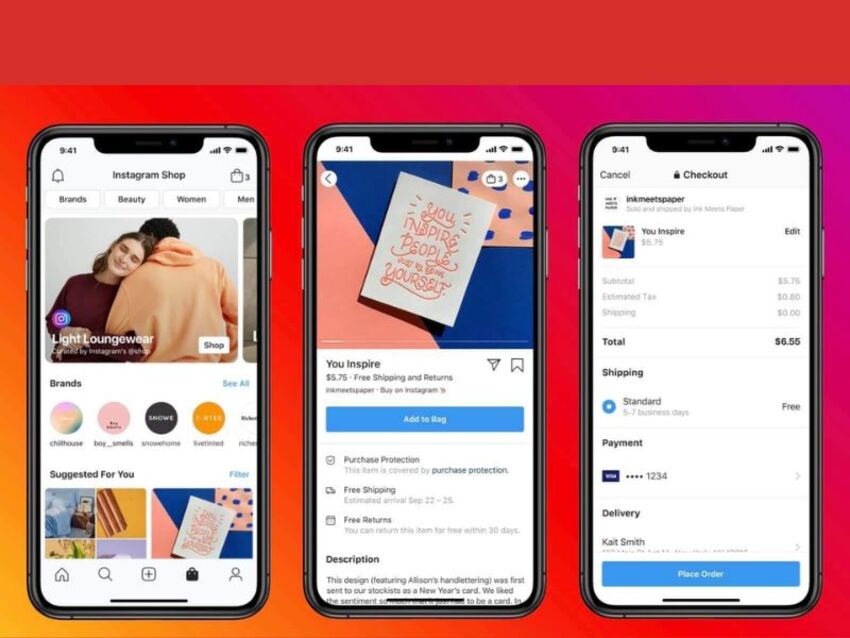
1.3. Similarities Between Facebook Shops and Marketplace
Both Facebook Shops and Marketplace offer valuable tools for online sellers. While they cater to different business needs, they share some key similarities that make them effective for facilitating online transactions:
1 – Both Enable Online Transactions:
Facebook Shops and Marketplace are designed to facilitate direct buying and selling within the Facebook ecosystem. Whether you’re selling a single product or managing a catalog, both platforms ensure that the transaction process is straightforward and reliable.
2 – User-Friendly:
With Facebook’s vast user base, both platforms offer easy access to millions of potential customers. Their intuitive interfaces make it simple for sellers to list products and for buyers to browse and purchase.
3 – Product Listings:
Both platforms allow sellers to upload product images, detailed descriptions, and pricing. This ensures that buyers have all the information they need to make informed purchasing decisions.
4 – Messenger Integration:
Communication is key in any transaction. Both Facebook Shops and Marketplace integrate with Messenger, allowing buyers and sellers to interact directly. This feature is particularly useful for negotiating prices, answering queries, or resolving issues quickly.
5 – Free to Use:
Basic use of both platforms is free, making them accessible to all types of sellers. While optional paid services such as promotions or advanced features may incur costs, the entry barrier is minimal, enabling businesses and individuals to start selling immediately.
However, when using the payment feature on Facebook Shop, sellers may incur specific fees, including:
- A selling fee of 5% per shipment. For orders under $8.00, a flat fee of $0.40 will be applied instead.
- Transaction fees that may vary depending on the payment method or processing requirements.
- Additional charges for currency conversion when selling to international customers.
These shared features make both platforms versatile and appealing for sellers seeking to leverage Facebook’s immense reach and user engagement.

2. What is the Difference between Facebook Shop and Marketplace?
To better understand the choice between Facebook Shops vs Marketplace, it’s important to explore how each platform aligns with different needs and business goals. Let’s break down the distinctions across several critical factors, including suitability, audience demographics, and ease of use. Let’s take a quick look in the comparison table below:
| Criteria | Facebook Marketplace | Facebook Shops |
| Best for | Individuals and small businesses | Big business and brand |
| Level | Easy | Complex |
| Payment Method | Direct between buyers and sellers | Facebook Payment Integration |
| User Demographics | Broad, local buyers | Brand-focused, social shoppers |
| Business Model Compatibility | Local, small-scale | Branded, larger inventory |
| Ease of Setup and Management | Quick, simple listings | Customizable, Commerce Manager |
| Checkout Process and Payment Options | External payments | In-app checkout (limited regions) |
| Reach and Visibility | Local visibility | Broad, cross-platform |
2.1. Suitability
When considering Facebook Shops vs Marketplace, their suitability for different types of sellers becomes evident:
- Marketplace: Ideal for individual sellers, freelancers, or small businesses aiming for quick sales with minimal effort and investment. It’s perfect for those testing a product or exploring e-commerce without committing to a full online store.
- Shops: Best suited for established brands or larger businesses looking to create a lasting online presence. Shops cater to those with a vision of building and nurturing a long-term customer base.
2.2. User Demographics
- Marketplace: Attracts a diverse audience, ranging from casual buyers looking for deals to small businesses advertising locally. Its wide accessibility makes it appealing to users of all demographics.
- Shops: Targets a more specific audience, particularly loyal customers or premium shoppers seeking a branded shopping experience. It’s effective for businesses with strong brand recognition or a niche market.
2.3. Business Model Compatibility
- Marketplace: Perfect for businesses or individuals focused on fast sales without significant investment in infrastructure or branding. It works well for selling second-hand goods, local services, or seasonal items.
- Shops: Better aligned with businesses investing in long-term growth, offering professionally branded experiences. It’s ideal for businesses seeking to expand their reach globally and establish a robust online presence.
2.4. Ease of Setup and Management
- Marketplace: Setting up a listing is simple and quick. Sellers can post products directly without needing technical expertise or additional tools.
- Shops: Involves a more comprehensive setup process, including creating a Facebook Page, uploading product catalogs, and configuring payment systems. While the process takes more time, it results in a professional storefront that enhances credibility.
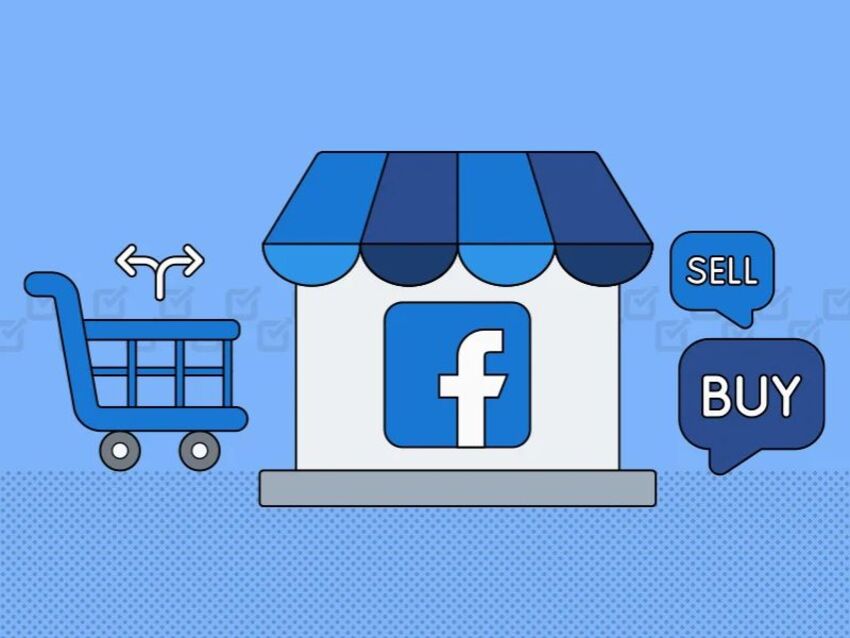
2.5. Customer Experience
- Marketplace: Encourages direct interaction between buyers and sellers. Payments and inquiries are often handled through Messenger, which provides flexibility but may lack the streamlined experience shoppers expect.
- Shops: Offers a polished shopping experience, complete with integrated carts, payment options, and customer support. It’s designed for ease of use and convenience, ensuring customers feel confident making purchases.
2.6. Reach and Visibility
- Marketplace: Excels in local visibility, with products prominently displayed based on the buyer’s geographic location. This makes it ideal for targeting nearby customers quickly and effectively.
- Shops: Focuses on creating a branded experience, which is excellent for reaching broader audiences through advertising. However, it may require additional marketing efforts to increase visibility among new customers.
3. Facebook Marketplace and Facebook Shops: Which is Best for Your Business?
Choosing between Facebook Shops vs Marketplace depends on your business model, budget, and goals. Here are some recommendations to guide your decision.
If you’re a small business or an individual seller, Marketplace can be your go-to platform for quick local sales. However, if your goal is to establish a strong brand and scale your operations, Shops provides the tools and professionalism needed for long-term success.
3.1. When to Use Facebook Marketplace
Facebook Marketplace is an accessible and budget-friendly platform designed for businesses and individual sellers aiming to achieve quick sales. With its user-friendly interface and localized reach, it serves as a practical solution for those looking to connect with nearby buyers without significant overhead. Here’s a detailed exploration of when and why to use Facebook Marketplace:
Best for:
Small Businesses and Individual Sellers:
- Ideal for those working within limited budgets and focusing on simple, direct sales.
- Perfect for sellers who want to avoid the complexities and costs associated with setting up a full-scale online store.
Businesses Targeting Local Customers:
- If your primary customer base is local, Marketplace’s built-in geographical targeting ensures your products are prominently displayed to nearby buyers.
- This localized approach increases the chances of quick and efficient transactions.
Key Benefits:
Low Costs:
- Listing products on Marketplace is free, making it a highly cost-effective platform for businesses and individual sellers who want to maximize profits without upfront investment.
- There are minimal barriers to entry, allowing sellers to test the waters before committing to larger-scale platforms.
Local Reach:
- Marketplace’s geographical filters make it easy to target buyers in your immediate area.
- This feature is particularly useful for businesses that rely on local traffic or want to avoid the complexities of shipping logistics.
Direct Communication:
- The integration of Facebook Messenger facilitates real-time communication between buyers and sellers.
- Sellers can answer questions, negotiate prices, and arrange transactions directly, creating a personalized and efficient buying experience.
Example: Success with Facebook Marketplace – Business: Chairish
- Description: Chairish is an online platform that specializes in selling furniture and home decor. They used Facebook Marketplace to reach local customers.
- Strategy: Chairish promoted their unique products on Marketplace, giving customers the opportunity to discover and shop for vintage furniture.
- Results: They saw a 30% increase in sales in the first three months after launching this campaign, thanks to reaching local consumers they had never reached before.
Source: Chairish Case Study
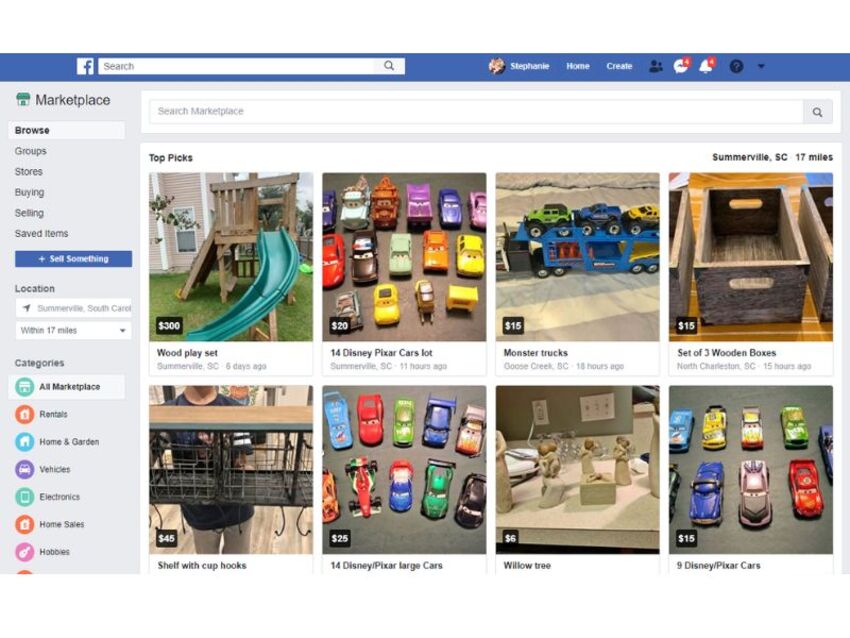
3.2. When to Use Facebook Shops
Facebook Shops offers a robust platform for businesses with a long-term vision and established branding goals. Unlike Marketplace, it focuses on providing a professional and immersive shopping experience. Here’s why and when to use Facebook Shops:
Best for:
- Established Businesses: Shops cater to businesses that already have a solid customer base and want to create a cohesive online presence across Facebook and Instagram.
- Businesses Focused on Long-Term Growth: If you plan to scale your operations or target a broader, potentially global audience, Shops provides the tools to achieve these goals.
Key Benefits:
Professional Branding:
- Customizable storefronts allow businesses to design a visually appealing and brand-aligned shopping experience.
- Options for tailored visuals, curated product collections, and branding elements enhance trust and brand recognition, setting your business apart from competitors.
Streamlined Shopping Experience:
- Integrated features like payment systems, shopping carts, and detailed product catalogs simplify the shopping process.
- Customers can browse, select, and purchase products seamlessly, ensuring a smooth journey from discovery to checkout.
Scalability and Growth Potential:
- Facebook Shops supports businesses of all sizes, accommodating expansive product catalogs and international audiences.
- It provides tools and insights to help businesses optimize their operations as they grow, making it an excellent choice for long-term success.
By choosing Facebook Shops, businesses can establish a professional online storefront, expand their reach, and create a shopping experience that aligns with their branding and growth objectives. Whether you’re focusing on scaling your business or building a global customer base, Shops is a strategic platform to consider.
Example: Success with Facebook Shops – Business: Pura Vida Bracelets
- Description: Pura Vida Bracelets is a popular fashion brand that specializes in handmade bracelets. They used Facebook Shops to sell their products.
- Strategy: They set up a store on Facebook and Instagram, allowing customers to easily browse products and purchase directly on the platform.
- Results: Since implementing Shops, Pura Vida has seen strong revenue growth, with hundreds of orders being made daily. They also saw an increase in customer engagement and interaction.
Source: Pura Vida Bracelets Case Study
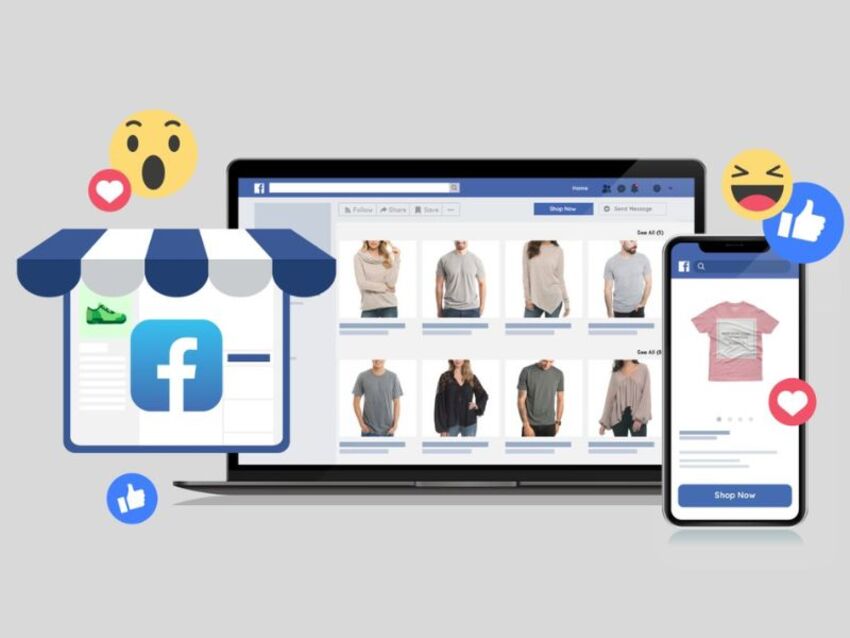
Maximizing Your Business Potential
Understanding the differences between Facebook Shops vs Marketplace is crucial for leveraging the right platform. For quick and cost-effective local sales, Marketplace is an excellent option. However, for businesses aiming to establish a strong brand and provide a professional shopping experience, Shops is the better choice.
Ready to maximize your online presence? Contact Nemi Ads today. We specialize in advertising account rentals and customer consulting services to help you connect with your target audience and boost your sales. Let us guide your business toward success!


